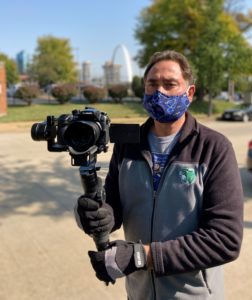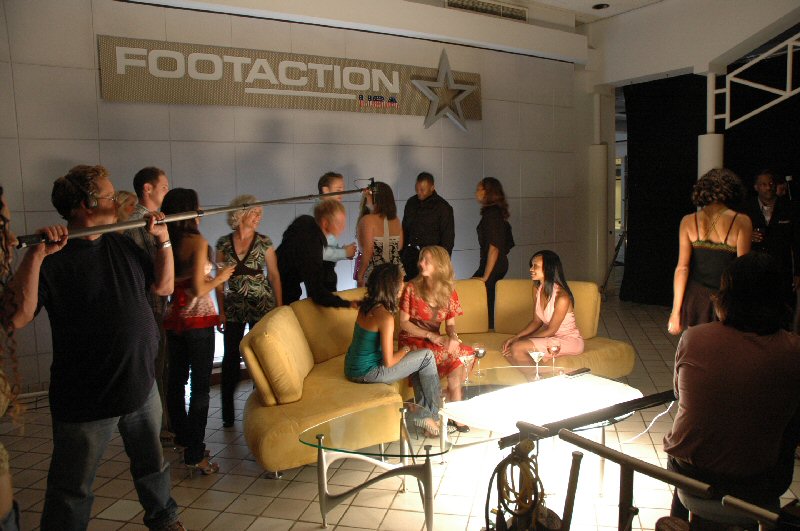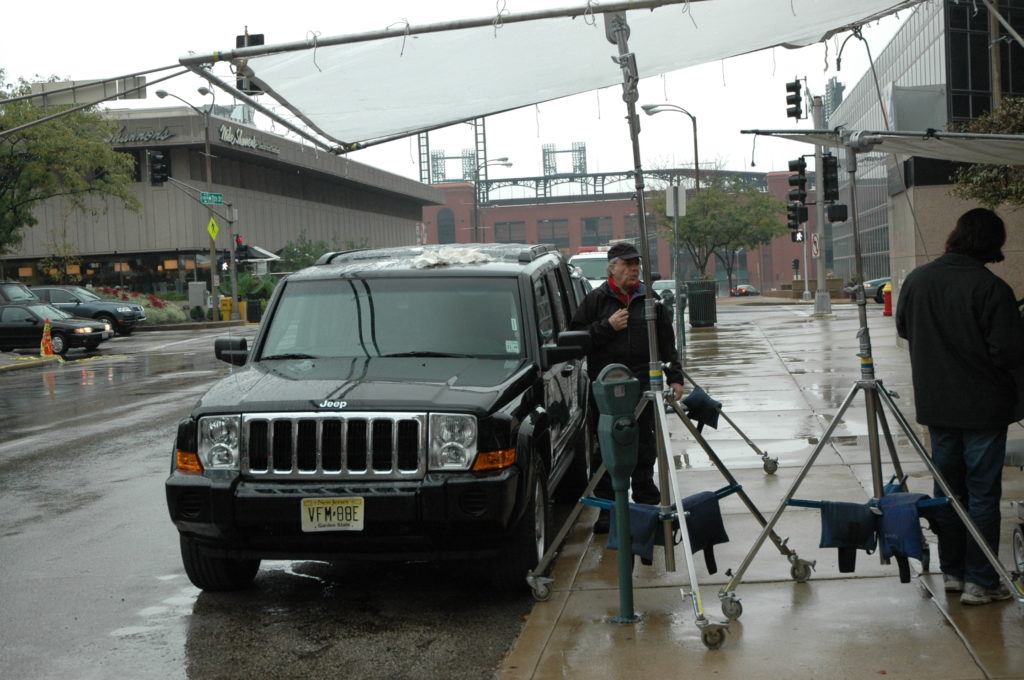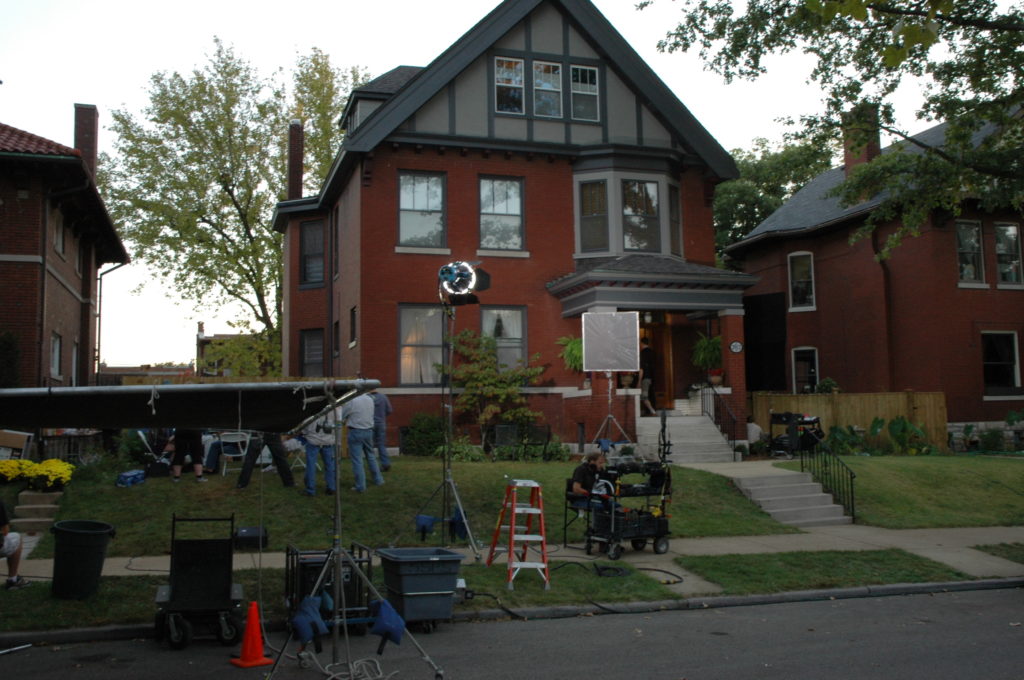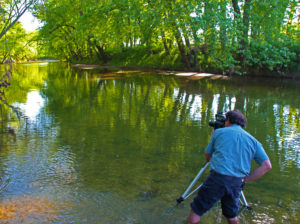When planning a live event, location scouting is a critical step that can make or break the success of your production. As decision-makers in photography and video production services, understanding the intricacies of location scouting will ensure that your event runs smoothly and looks professional. Here’s a comprehensive checklist to guide you through the process.
1. Define Your Requirements
Before you start scouting, have a clear understanding of your event’s needs:
- Type of Event: Is it a corporate meeting, a product launch, or a promotional video shoot?
- Audience Size: How many people will be attending or involved?
- Technical Requirements: What kind of audio-visual equipment will you need?
2. Scout Multiple Locations
Don’t settle for the first venue you visit. Compare several options to find the best fit:
- Accessibility: Is the location easy to reach for all participants?
- Size and Layout: Does the venue accommodate your expected audience size and event setup?
- Amenities: Are there necessary facilities like restrooms, parking, and catering options?
3. Evaluate Lighting Conditions
Natural and artificial lighting can significantly impact the quality of your photos and videos:
- Natural Light: Visit the location at the same time of day your event will be held to assess the natural lighting.
- Artificial Light: Check the existing lighting fixtures and plan for additional lighting if needed.
4. Check Acoustics
Good sound quality is essential for a professional production:
- Background Noise: Listen for any potential disturbances such as traffic, construction, or HVAC systems.
- Echo and Reverberation: Test the acoustics by speaking or playing a recording to see if the sound is clear and crisp.
5. Assess Power Availability
Ensure that there are sufficient power sources for all your equipment:
- Outlets: Check the number and location of electrical outlets.
- Power Supply: Confirm the power supply can handle the load of your equipment.
6. Inspect the Environment
The surroundings of your location can affect the overall aesthetic and functionality:
- Backgrounds: Look for visually appealing backgrounds that complement your event’s theme.
- Space for Equipment: Ensure there’s ample space for cameras, tripods, and other gear.
7. Consider Safety and Regulations
Safety should always be a top priority:
- Permits: Verify if you need any permits to shoot at the location.
- Safety Hazards: Identify and address any potential safety hazards.
8. Plan for Logistics
Detailed logistical planning can prevent last-minute issues:
- Setup and Breakdown: Determine the time needed for setting up and breaking down your equipment.
- Crew Coordination: Plan the movement and coordination of your crew.
9. Test the Location
Conduct a test run to troubleshoot any potential problems:
- Rehearsals: Schedule rehearsals to test the flow and timing of your event.
- Equipment Check: Test all equipment to ensure it works perfectly in the environment.
10. Document Your Findings
Keep detailed notes and photos of each location to aid in decision-making:
- Pros and Cons: List the advantages and disadvantages of each location.
- Visual Records: Take photos and videos to help visualize the setup and layout.
Why Choose St Louis Locations
At St Louis Locations, we understand the intricacies of location scouting and the importance of selecting the perfect venue for your live events. As a full-service professional commercial photography and video production company, we bring the right equipment and creative crew to ensure successful image acquisition.
Our Services Include:
- Studio and Location Video and Photography: We offer comprehensive services to meet all your production needs.
- Editing and Post-Production: Our skilled team handles all aspects of post-production to deliver polished results.
- Licensed Drone Pilots: We provide specialized drone services, including indoor flights.
- Custom Productions: We tailor our services to fit diverse media requirements and repurpose your content for maximum impact.
- Private Studio: Our studio is perfect for small productions and interview scenes, with ample space for props and a custom setup.
With extensive experience working with businesses, marketing firms, and agencies in the St. Louis area, St Louis Locations is your go-to partner for all corporate photography and video needs. From custom interview setups to providing sound and camera operators, we have everything to make your next video production perfect.
Choose St Louis Locations for your next project, and let us help you create captivating content that stands out.
Cell 314-913-5626
4o

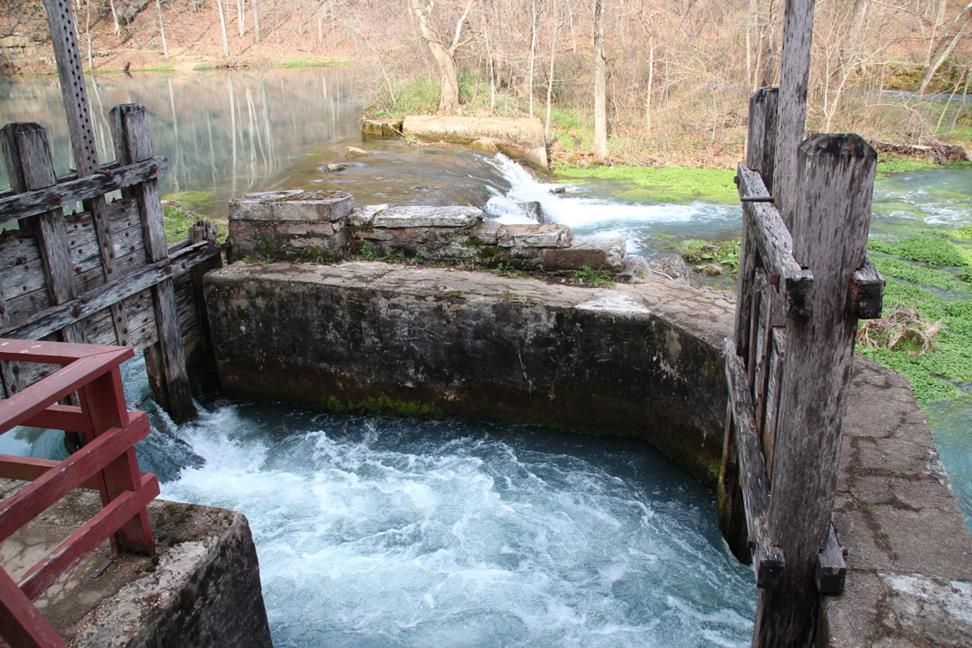 It’s the key to creating visually compelling stories and can also save a lot of time and money when done correctly. Whether you’re a seasoned video producer or just getting started, there are some key tips, techniques, and tools that you can use to make your next shoot a success. From understanding the basics of location scouting and legal considerations to utilizing the latest technologies to save time and money, mastering the art of location scouting can help you create the perfect video production.
It’s the key to creating visually compelling stories and can also save a lot of time and money when done correctly. Whether you’re a seasoned video producer or just getting started, there are some key tips, techniques, and tools that you can use to make your next shoot a success. From understanding the basics of location scouting and legal considerations to utilizing the latest technologies to save time and money, mastering the art of location scouting can help you create the perfect video production.